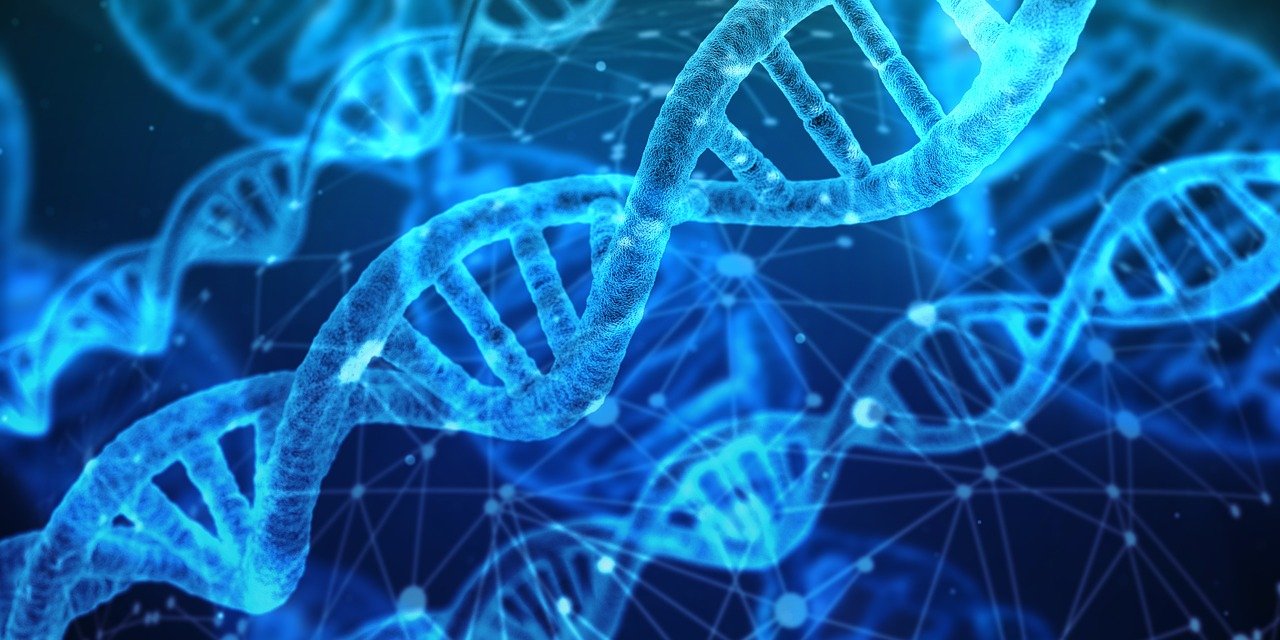
Meet Maine-eDNA: Steven Allers, Research Associate
By Attis Bielecki, ME EPSCoR Student Writer
Steven Allers is a research associate working with Maine EPSCoR’s Maine-eDNA program. His home department is the University of Maine Department of Molecular and Biomedical Sciences and his Lead Advisor is Dr. Benjamin King, an Assistant Professor of Bioinformatics at UMaine. Their work on the project is vital to analyzing what environmental DNA (eDNA) is found in the water.
“In my view, a large part of the Maine-eDNA program may be generalized into two components,” Allers explains. “First, there’s obtaining and storing data, then there’s the analysis of said data.”
According to Allers, the analysis portion is a large and important aspect of the program as a whole, and the analysis tools utilized, such as the established pipelines which perform taxonomic analysis, are complicated. Thankfully, Allers’ unique background and interests have helped him to learn and perform his job effectively.
“My Computer Science background allows me to navigate through complex analysis pipelines and my Masters in Molecular Biology allows me to perform various interdisciplinary roles,” Allers says.
Allers’ explains his role on the project as “Once the field researchers collect the samples, they hand it over to me and I basically tell the computer to analyze the samples. Once it does that, it comes back to me with the results of what DNA was found in it.”
“My graduate student, Steven Allers, has also been re-analyzing published data sets in order to build models for communities of bacterial species across space and time” King says.
“I am using the bioinformatics tool known as qiime2,” Allers says. “It is a suite that can be used as a pipeline for taxonomic analysis, as well as other various analyses.”
Allers has also found interesting ways to expand his knowledge about research he’s highly invested in, such as regenerative therapy. “When you’re a fetus, there’s research that shows you can heal cuts on your skin without developing a scar, but if you cut yourself as an adult you get a scar for life. Why do we lose this regenerative ability? The answer might be found in epigenetics,” Allers says. “Maybe we need to understand the pattern of how cells are functioning.”
While the Maine-eDNA program doesn’t necessarily involve regenerative work, Allers’ advisor, Dr. King, is focused on building models for gene regulation expression. Allers believes this provides tools and experience that could be applied to the epigenetics aspect of regenerative therapy.
A lot of Allers’ work involves analysing, and he expresses its challenges. “Samples taken at different times can prejudice very different results. Take one sample today and then another tomorrow; the water will have time to completely move around the eDNA. It’s like having different water.” With these complications, Allers and King have been working hard to find new solutions to these complex challenges and working on ways to develop more robust processes and pipelines.
While Allers is still new to the Maine-eDNA program, he has brought some interesting insights and skill sets to the team. And as time goes on, he continues to show that his work on this project can and likely will be applied to other forms of research in the future.
